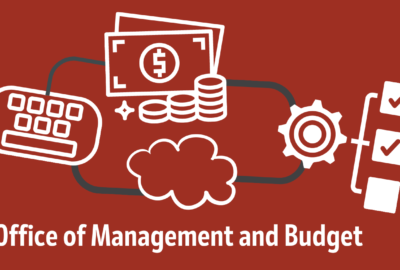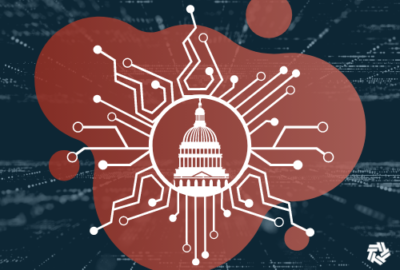OMB sees data-driven decision-making as key for better customer service in government
The Biden administration, in its push to improve customer experiences across government, is using data to pinpoint where those services aren’t meeting expecta...
The Biden administration, in its push to improve customer experiences across government, is using data to pinpoint where those services aren’t meeting expectations.
The National Science Foundation, in partnership with other federal agencies and the White House, is giving researchers access to government data, with a focus on improving access to public-facing services.
NSF, through its “Analytics for Equity” initiative, is pairing researchers with federal agencies to better understand the gaps in federal services, and which communities and demographics aren’t receiving equal access to those services.
Deputy OMB Director Nani Coloretti said the interagency project builds on the administration’s insights from the “year of evidence for action” it launched in April 2022.
The White House held 11 listening sessions last year, focused on using federal data as the foundation for better policy decisions across government.
Coloretti, speaking on Nov. 7 at the Data Foundation’s govDatax summit, said equity concerns stood out as a “through-line” across every listening session.
“We want to continue a world where we’re using evidence to make better decisions about how to serve people, or to make policy changes based and informed by evidence. That’s the goal here,” Coloretti said.
The Analytics for Equity initiative pairs agencies with researchers, based on what those agencies have prioritized in their learning agendas. NSF is leading the initiative, along with the White House’s Office of Science and Technology Policy and the Office of Management and Budget.
The interagency project is focused on five themes:
· Equity of access to STEM research and education opportunities
· Environmental stressors and equity
· Equity in human services delivery and outcomes
· Health equity in the wake of climate change
· Equity considerations for workplace safety and workers
More broadly, the project serves as a demonstration of the progress agencies have made under the 2018 Foundations for Evidence-Based Policymaking Act, a landmark law that among other things, required agencies to name chief data officers, and prioritize data-driven decision-making.
Projects under the “Analytics for Equity” initiative start small and receive no more than a $75,000 award to get started. NSF, however, planned to award up to $1 million in contracts in FY 2022 to research projects with the biggest impact.
Coloretti said the project serves as a new way to support social, economic and behavioral sciences research that leverages federal data assets.
“What we don’t want is we don’t want to fund a bunch of studies, and then nobody’s using it for anything,” she said.
As an example of this data already leading to new insights, Coloretti pointed to multi-year Urban Institute research into Department of Housing and Urban Development housing vouchers that was funded by HUD.
The research found that landlords in cities with “source of income” law accepted HUD housing vouchers at a much higher rate than cities without those legal protections.
“You basically had to return [it] — the voucher would expire,” Coloretti said. “I don’t know what your living situation became, but it was not what it was supposed to be, which was you had waited on a long waitlist for this voucher.”
Coloretti said former HUD Secretary Ben Carson went on a listening tour following the Urban Institute’s research and highlighted its findings.
HUD’s focus on the research findings led to Los Angeles and California passing source of income laws.
“With the Evidence Act, we’re actually building the capacity and community to put in place a greater ability to bring this evidence to action, both in our programs, our management and our policies. And we’re doing this strategically and more widely across the government,” Coloretti said.
Coloretti said OMB is similarly focused on using data and evidence to advance the Biden administration’s focus on better customer experiences in government.
“This isn’t just about designating a lead or another [CXO] person and adding some funding to an agency. It’s actually about change management — changing the way leaders and managers interact with these projects, that building and using evidence is seen as integral to how we do our work and not just additional other duties as assigned,” she said.
Copyright © 2024 Federal News Network. All rights reserved. This website is not intended for users located within the European Economic Area.
Jory Heckman is a reporter at Federal News Network covering U.S. Postal Service, IRS, big data and technology issues.
Follow @jheckmanWFED






